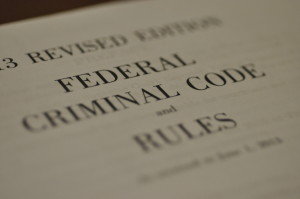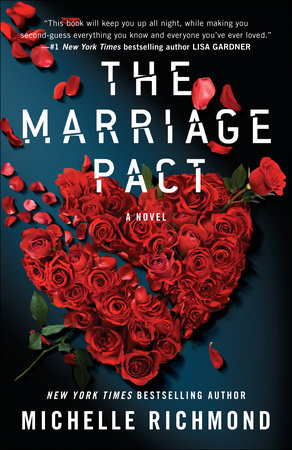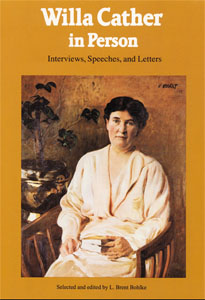
The Story Behind The Marriage Pact
Where do novels come from? The ether? The collective unconscious? Some combination of events, relationships, experiences, and books in the writer’s past? I imagine it’s different for everyone, but one thing I do know is that every novel has to begin with a spark: an idea of character, situation, or premise that makes one think, “This could be a novel.” Once a novel takes off, once you get past page fifteen or so–for me, anyway–it begins to come from somewhere else. Then, it becomes a matter of characters acting and reacting to their situations; it becomes a matter of orchestrating the plot in a way that creates tension. But the spark, that frisson of idea that sets the whole thing off, is another matter. The spark always comes first.
In my experience, there is rarely one single thing that conjures a novel into being. Instead, a few moments and ideas converge to create a sort of windstorm in the mind, which leads to a “what-if?” which leads to the beginning of the creation of a fictional world and its inhabitants.
So what was the spark for my new psychological thriller, The Marriage Pact? It began with three rather disparate things:
Inspiration #1: LOVE
I’ve been married for 16 years (thanks, Kevin!), and I’ve written about marriage (and divorce) before in novels like Golden State. This time, I wanted to write about two people who are deeply in love and trying to make it work. I didn’t want to write a story of husband against wife, but rather a husband and wife together, struggling against a powerful outside force.
Inspiration #2: CULTS
The second inspiration was my longstanding fascination with cults–in particular, organizations that lure people in with the promise of helping them to live fuller, happier lives and be better versions of themselves. Some fashion themselves as religions, while others purport to be self-help movements. I wanted to explore why educated, reasonable individuals get drawn into these organizations and become so enmeshed that they leave behind family members, spend massive amounts of money to take seminars or courses, and even sign extreme contracts committing themselves to the organization for life and beyond.
Inspiration #3: THE FEDERAL CRIMINAL CODE
The third piece of the puzzle was The Federal Criminal Code, a massive tome, comprised of over a thousand pages of tiny print. The book, issued annually, outlines every crime you can think of, along with many you can’t, and the corresponding penalties. I wondered: What would happen if there were strict rules for marriage, and penalties for those who broke the rules? What if there was an organization that took marital “crimes” as seriously as other types of crimes? I wanted to put that concept under the microscope, take it as far as I could, and see what happened.
I talked about inspiration and more with Joe Hartlaub for Bookreporter. Read the author interview.
P.S. The Marriage Pact is on the Entertainment Weekly Must List this week!
Get The Marriage Pact
Indeibound Barnes and Noble Amazon Apple Books

 In 1921,
In 1921,